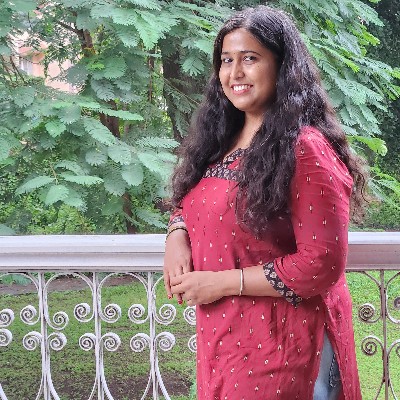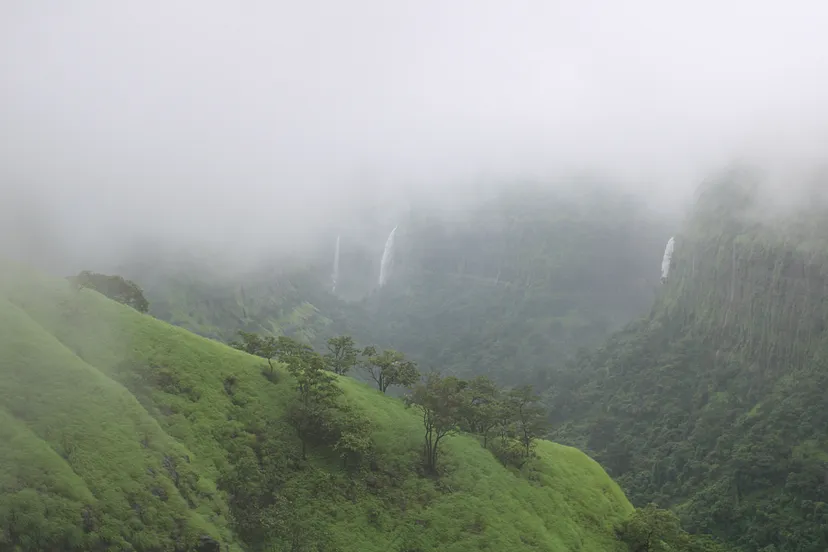An age-old debate over whether reservations should be scrapped and merit-based education/hiring should be implemented has yet to run its course. I myself am in support of reservation, and below is my defense.
Ignorance is also a privilege. You say that you are unaware of caste systems and that you do not discriminate against anyone. That is still a privilege because you have never had to face any discrimination based on your identity. You are not going to get a badge of honour because you behaved humanely. Today the upper class can call themselves “casteless” or “general class,” as they are safe from the wealth accumulated by their wealthy forefathers making use of their privilege.
“Nowadays, caste discrimination does not exist” is a common verbiage in the argument against reservations.
Can you believe there are still places in India where Dalits are banned from entering temples? Yes, even in this era where science is studying the mysteries of the universe and artificial intelligence is on its way to dominating the world. This may seem like history to some of you, but Dalits continue to be assaulted if they try to enter temples even today, which clearly contradicts the constitution of India.
G. Parameshwara, Member of the Karnataka Legislative Assembly, narrates how he, being in this position and educated, is not allowed inside the temple.
A two-year-old Dalit boy’s parents were fined Rs 23,000 as their son entered the Hanuman temple in Karnataka.
A nine-year-old Dalit boy broke his leg as he was pushed by a temple trustee who had gone to take prasad.
A nine-year-old boy was beaten to death by his teacher for drinking from a pot that was meant for upper class teachers.

There is a common complaint that many of the SC/ST students are well off but still get scholarship money, while the general class, being poor, does not. It is true that people from the SC/ST community can be wealthy; they have fought against atrocities and worked their way up. But if there is still no change in their treatment by the upper caste, then why should they not get their rights ensured by the constitution? There are poor people among the general or high caste people, but they do not have to go through insults because of their caste. They are not treated less than humans because of their identity.
For an example, we can see it in the Tamil movie Natchathiram Nagargiradhu. Iniyan (the male lead) is a liberal, rational person who is in love with Rene (the female lead). They once fought, and he became so enraged that he used a casteist slur against her. He realized his mistake, apologized and said he did not mean it, but if those words came out of his mouth, the thought is present subconsciously somewhere in his mind. Inspite of being progressive, the caste factor does not go away.
Deepa Mohanan, a PHD student from Mahatma Gandhi University in Kerala, was denied the use of resources and facilities for her research. She alleged the director of the institution, Mr. Nandakumar Kalarickal, kept her from completing her research because of her caste. He was removed after five years of constant protests and struggles.
Payal Tadvi, a second-year resident doctor at BYL Nair Hospital pursuing her master’s degree in obstetrics and gynaecology, was pushed to the verge of suicide by her seniors, who humiliated her with casteist slurs. She was not allowed to access the operation theatre for her study.
Deaths like Hers’ and Rohit Vemula’s are institutional murders, not suicides.
When one argues that general students do not get seats because of reservations, how is it that the general and upper classes dominate the positions in institutions?
Since the Indian Medical Association’s inception in 1928, no one from the SC or ST has served as president.
According to data from the journal Nature, less than 1 percent of professors at the 23 Indiann institutes of technology are from SC or ST.
The representation of this community for PhD programmers is also less, in 2020, the top five IITs — Delhi, Bombay, Madras, Kanpur, and Kharagpur show an average of 10 percent representation for Dalits and 2 percent for Adivasis.
98 percent of professors and more than 90 percent of assistant or associate professors are from privileged castes in the IITs and the IISc (Bengaluru).
Even at the Tata Institute of Fundamental Research (TIFR), all professors are from the upper castes.
There is a gap in funding research projects as well. In 2016 and 2020, 80 percent of recipients were from privileged castes, just 6 percent were SCs (Dalits), and less than 1 percent were STs (Adivasis).
IIT Madras assistant professor Vipin V. Veetil resigned because he had to undergo casteist discrimination by Humanities and Social Sciences head of department Jyotirmaya Tripati.
Even the literature field is dominated by the upper caste. When many of the authors who are returning awards in protest against the Modi government, Manasi Yeduri says, “Even if someone gets killed in my own family, I would have accepted the honour. Dalits, whether educated or uneducated, never had the privilege of getting acknowledged or honored on bigger platforms, especially by the government,”
Crime against Dalits has not reduced but has increased by 6 percent (3.91 lakh) from 2009 to 2018, according to a report titled “Quest for Justice” by the National Dalit Movement for Justice (NDMJ) — National Campaign for Dalit Human Rights, as recorded by the National Crime Records Bureau from 2009 to 2018. This must be borne in mind that these are only the cases that have been reported.
The NCRB report shows six crimes against Dalits were reported every hour in India in 2021.
Even the Indian judiciary reeks of patriarchy and casteism. Most are upper-caste men. Only 6% of the supreme court judges are from the SC, and zero are from the ST. Reports indicate that there are eligible candidates who are not selected due to their caste. Many of the states and UTs have zero SC, ST, or OBC high court judges.
The bureaucracy is not exempt from casteism either. There are lower caste candidates who enter the system through reservation but face discrimination. The higher officials who are decision makers continue to be from the upper caste. There are 451 officers in the ranks of joint secretary and above; among these, only 40 are from SC and ST communities.
Still, certain jobs are done only by people from the lower castes. Scavenging and toilet cleaning are examples. Even the name calling has not stopped. In future endeavors, access to education and seats will help them learn and grow.
These above facts need to be reversed. The upper caste has reached every important position in all fields, and the lower castes are yet to reach equal status. Until there is equal representation in every field, reservations have to continue.
Reservation is neither a charity nor a poverty alleviation scheme. It is the right given by the constitution to end discrimination.




